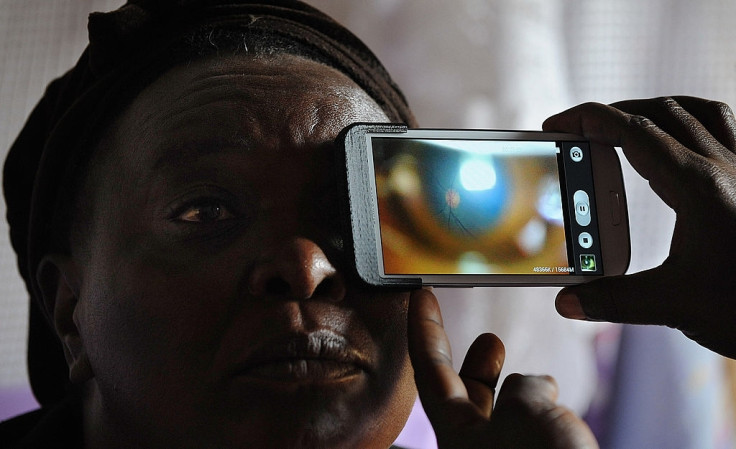This new smartphone app can detect early signs of pancreatic cancer using selfies
The app uses a simple camera snap to detect yellow tinges in the white part of the eye.

Scientists have developed a smartphone app that can detect early signs of pancreatic cancer using selfies.
With a survival rate of just nine percent in last five years, pancreatic cancer is seen as one of the deadliest forms of cancers. It spreads quickly and by the time the first symptoms come into notice, it's too late to go for pre-emptive methods of treatment.
A team of researchers from the University of Washington has found a way remedy this. Targeting conventional, invasive methods of screening, the researchers have developed BiliScreen, an app which uses a simple camera snap to detect early symptoms of pancreatic cancer.
The new app, according to its developers, uses computer vision algorithms and machine learning tools to detect a yellowish tinge in the whites of a person's eyes, which is caused by the build-up of a chemical called bilirubin – the biggest indicator of Pancreatic cancer and other diseases.
But, unlike conventional blood tests, BiliScreen detects bilirubin levels before the yellow tinge becomes visible to the naked eye, or you can say during the initial stages when the chemical buildup is not that high.
The app accounts for different lighting conditions and works either with paper glasses printed with coloured squares to help calibrate colour or a 3D printed box that blocks out ambient lighting. Although an initial study (of about 70 people) suggests the app & box bundle promises better results with nearly 89.7% accuracy.
"Pancreatic cancer is a terrible disease with no effective screening right now," Jim Taylor, a researcher on the project, said in a statement. "Our goal is to have more people who are unfortunate enough to get pancreatic cancer to be fortunate enough to catch it in time to have surgery that gives them a better chance of survival."
There's no word on when or where this app will be available, but it is believed the team will give away the details after presenting their work at the Ubicomp 2017 next month. For now, they're eyeing wider trials and few usability improvements such as removing the need of accessories to take lighting into account.
© Copyright IBTimes 2025. All rights reserved.





















